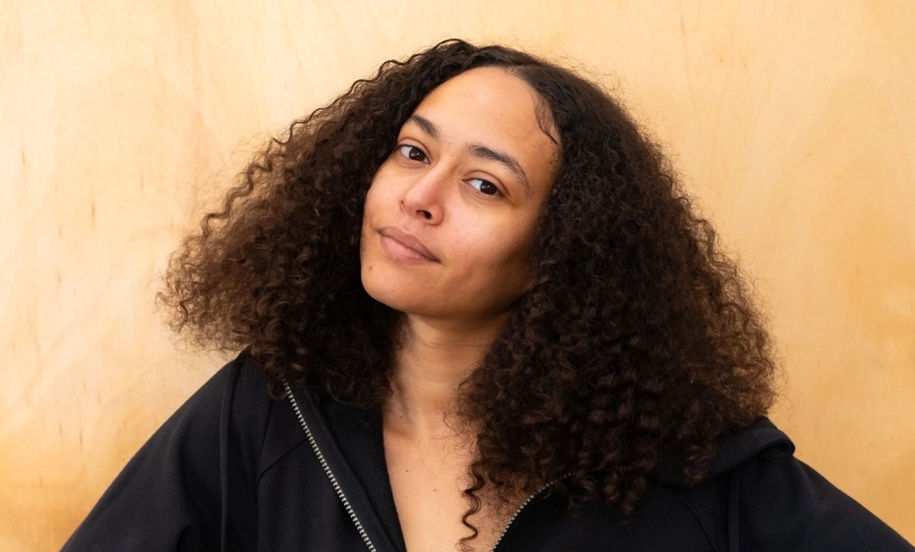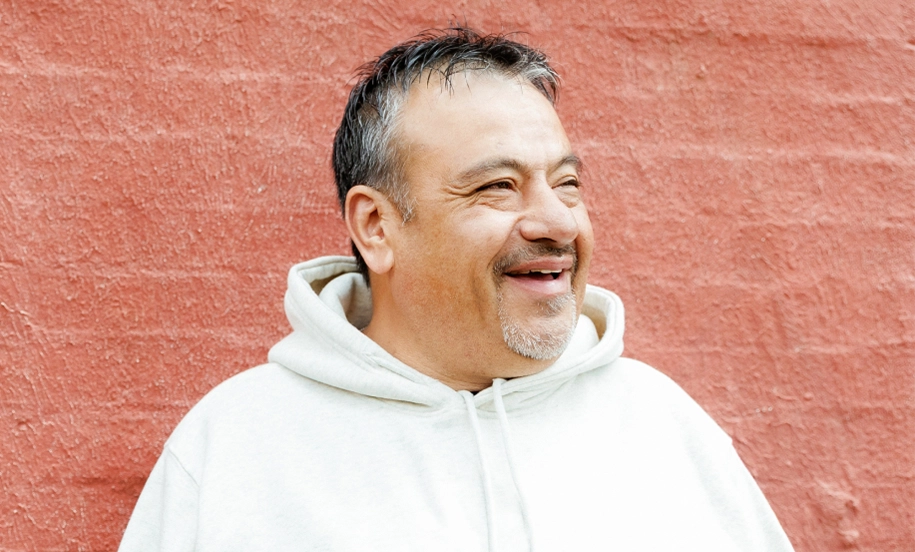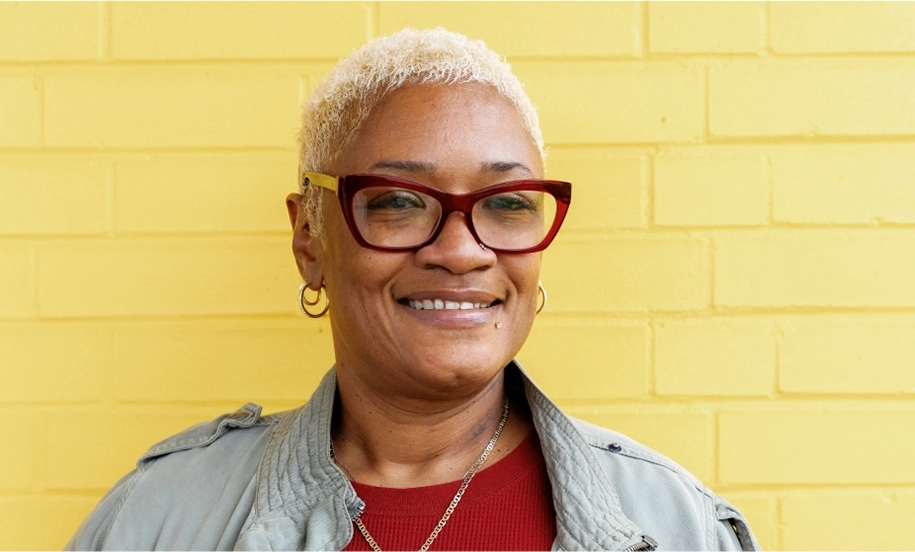Lacey, 42
For Lacey, community is everything. As a Saginaw Chippewa Indian Tribal member from Mount Pleasant, Michigan, she’s been sober for five and a half years. Today, she’s a recovery and wellbriety coach for permanent supportive housing on the reservation, and a commissioner for the Michigan LGBTQ+ Commission. But her path to healing was hard-won.
“I was a wild child,” she recalls. “I was in and out of juvenile detention and treatment centers. Eventually, I ended up in prison for five years.” After her release, Lacey returned to substance use. “I told myself I could still use and just reel it in — but I couldn’t. It got to the point where, physically, I couldn’t keep using.”
A wake-up call moment came when Lacey broke her hand while using. “I called my friends in recovery — one of whom would become my wife,” Lacey says. “They carried me to a detox center and watched me overnight.” Lacey detoxed three times before returning to her reservation’s treatment center. “I knew my people were there, and my culture was there,” she recalls. “That was the best place for me to be.”
“After my third detox, I came back to the reservation’s treatment center. I knew my people were there. My culture was there. That was the best place for me to be.”
Early recovery was a challenge, but Lacey knew she had to face it head-on. “All those emotions I’d pushed down were just there. I didn’t know how to deal with them,” she recalls. Through meetings, therapy, and community support, Lacey learned new ways to cope. She even returned to school as a way to invest in herself and stay busy. “Before, a hard day meant I needed to drink. Now, a hard day means I need a meeting. That’s where my mind automatically goes now, and it feels good.”
Lacey says her strength comes from her culture, as well as her support system of friends and family. “My advice to others: Know that there are people out there in recovery living that life. Look for those people,” she says. “It’s probably not going to be familiar, but recovery is worth every uncomfortable moment. It’s worth every time you have to look in and say, ‘That was me.’ It’s worth all of it — getting through that early part and forcing yourself to grow.”
Today, Lacey is able to focus on her own interests, like video games, hacky sack, concerts, and doing spiritual work on her reservation. “My culture is my strength,” she says. “I’m grateful to be a role model for younger generations.”


